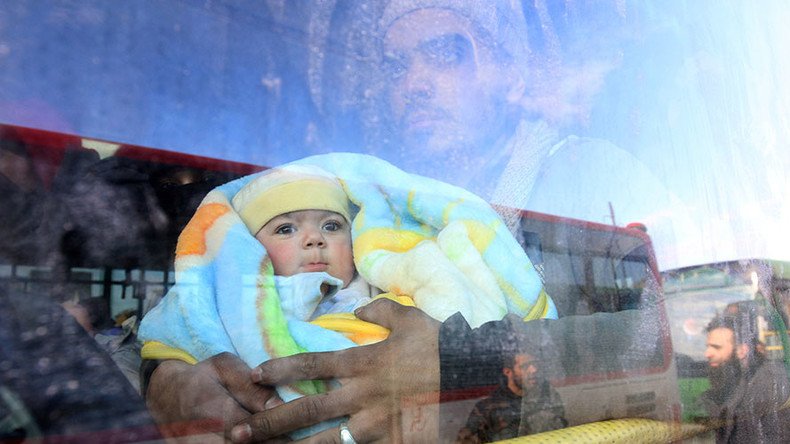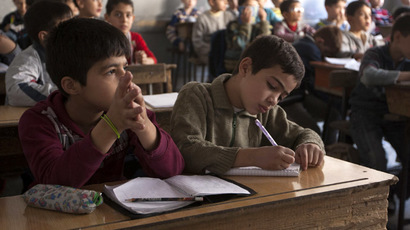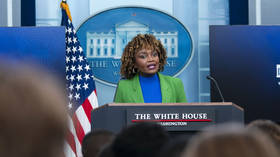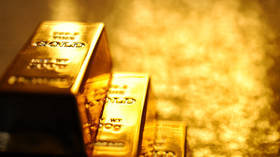‘Many Syrian families are calling their newborns Putin,’ says senior Damascus official

Syrian parents are naming their children after the Russian President as a sign of gratitude, while millions of students, including Bashar Assad’s own children, are learning Russian, Syria’s Ambassador to Moscow Riad Haddad said.
“Thanks to the efforts of the Moscow embassy, and with the approval of President Assad, Russian is the second language taught in Syrian schools. We have opened Russian faculties in all of the country’s universities, while children receive tuition from the seventh grade,” said the official, addressing Russia’s upper chamber of parliament, the Federation Council, in Moscow.
Russian was first put on the curriculum in government-controlled schools in 2014, and has been prioritized since then.
“Making Russian a second language in the country is a gesture of gratitude to the Russian people from Syria,” said Haddad, who has been in his post since the Syrian conflict broke out in 2011.
“Many families have even named their sons Putin. And it is no secret that the President’s own children are learning Russian,” said the official.
Although Russia has recently stepped up its support for the Syrian government, its strategic relationship with Damascus goes back to Soviet times, and many top Damascus officials, including Haddad himself, were educated in Russia, either as foreign students, or army officers.
Russia has maintained a naval base in Tartus since the 1970s, and though the diplomatic relationship between the two countries waned after the collapse of Communism, and the rollback of Moscow’s international reach, the base, alongside an aerial facility in Khmeimim, built in 2015, have played a key role in the conflict.
Meanwhile the tradition of naming children after leaders’ surnames and other ideological charged terms took root in the early Soviet Union, where names such as Vladlen (Vladimir Lenin) and Elem (Engels, Lenin, Marx) became popular.
There was widespread media coverage of Kosovar Albanians named Toni and Tonibler after the former UK Prime Minister who endorsed their statehood, but the fate of the children named George Bush after the US-led coalition toppled Saddam Hussein in Iraq remains under-documented, though there are several reports of children subsequently being renamed, as the former US president fell out of favor.













